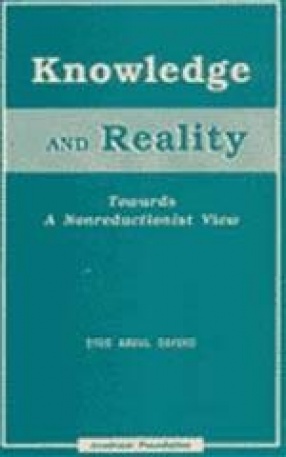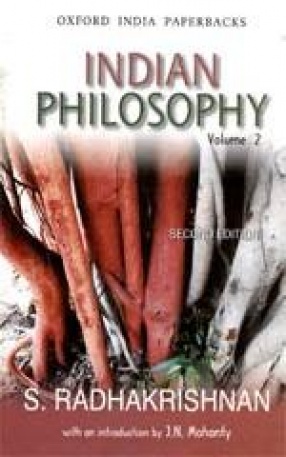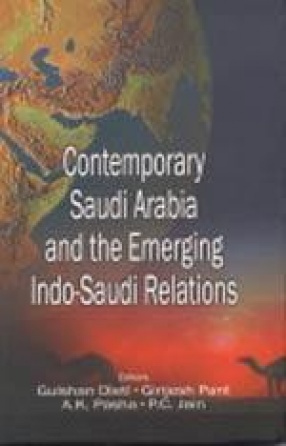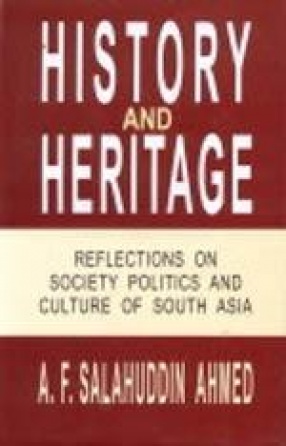Man can think further only by exploring new modes of articulation. A metaphor, for instance, does not merely sharpen perception but actually facilitates it by melting and recasting familiar or outmoded forms of thought and expression. This study is an attempt to sketch an outline for a comprehensive framework in which the fragmented strands of contemporary thought can be woven into a meaningful pattern. Such a framework is more than ever before required today. This research work is an attempt towards forging the rudiments of such framework as would allow us to envisage the possibility of going beyond the dichotomies in which prevalent through is caught and the impasses which it confronts. It would indeed be presumptuous to draw attention to its very obvious inadequacies but perhaps it may not be inappropriate to point out that this work does not pretend to be such a framework itself. It is said that often we have to get away from speech in order to think clearly. Here is such an attempt where, at best, a melting, if not the dissolution of Old concepts, can be seen and a few stray crystals of new modes of thought can be discerned. The book critically examines the reductionist tendencies prevalent in contemporary thought and offers an alternative framework. It draws attention to the two dominant fallacies involved in reductionism : the ‘fallacy of knowledge of fragments’ and the ‘fallacy of fragments of knowledge.’ The first is the fallacy of assuming that knowledge of reality is nothing but the knowledge of the fragments that constitute reality, and the second is the fallacy of assuming that the fragmentary knowledge derived from different specialized disciplines, if put together, will somehow yield an integrated picture of reality. The book suggests that a fundamental revision of the currently dominant epistemological is called for. It attempts to take steps in that direction by examining certain crucial issues, such as the debate between objectivistic and the relativistic view on knowledge, the reductive elements in Darwinism, etc By way of an alternative paradigm, this study proposes a hierarchical model of knowledge and reality. It also sketches out the ethical implications of such an approach. This study is grounded in the conviction that the present crisis in civilization, of which nihilism, pessimism and the universal prevalence of a disregard for human life are only painful symptoms, have not a little to do with our current, unspecified assumptions in science and in the climate of thought generally, regarding the nature of man, of reality and man’s relation to it in the form of knowing and being. This work is based on a more positive vision of the essence of existence as creative becoming and a less despairing view of the relation of our truths which are but ‘woven webs of guesses’ and the ‘truth that manifests itself’, and consequently, albeit implicitly, of an affirmation of faith in man’s capacity to transcend his condition. This may sound unduly optimistic. But optimism is not merely an attitude but a commitment.
Knowledge and Reality: Towards a Nonreductionist View
In stock
Free & Quick Delivery Worldwide
Bibliographic information
Title
Knowledge and Reality: Towards a Nonreductionist View
Author
Edition
1st ed.
Publisher
ISBN
8171880754
Length
128p.
Subjects





There are no reviews yet.